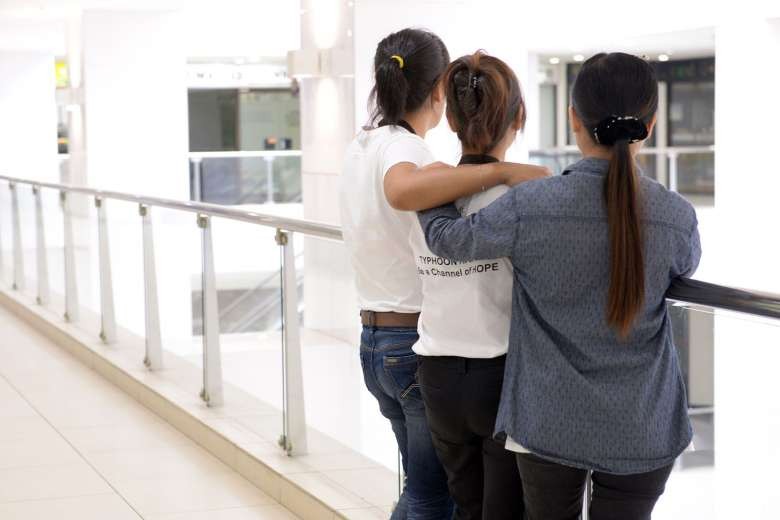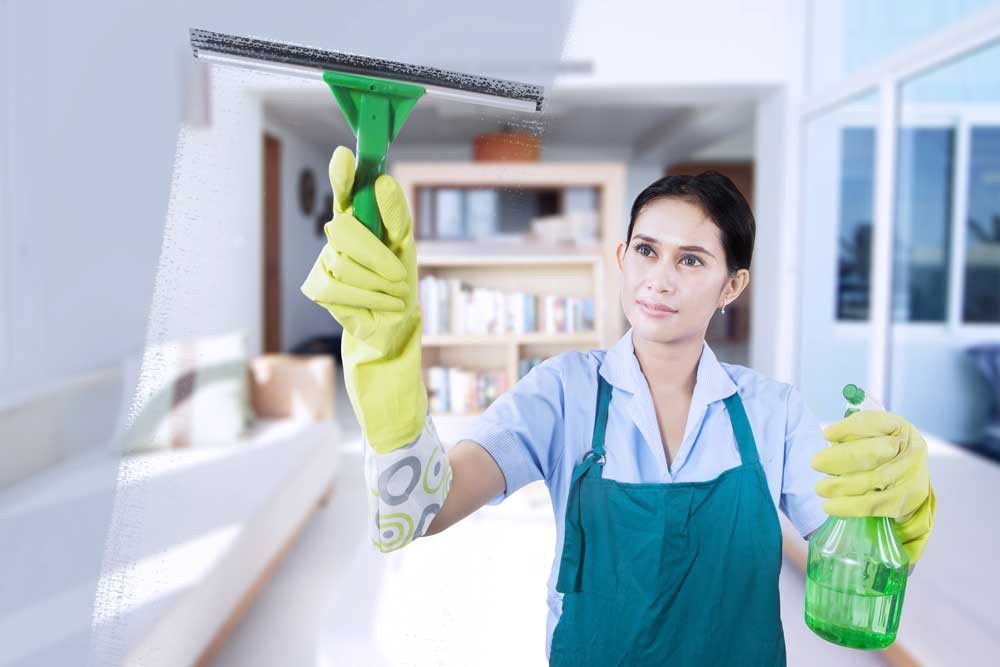For many employers of domestic helpers in Singapore, one issue frequently sparks debate - how much should you control or restrict your maid's phone usage?
In today's world where we're all seemingly addicted to our devices, it's a delicate balance to strike.
Two Schools of Thought
From the comments and opinions shared, there seem to be two broad schools of thought.
The first approach is to maintain strict rules and control over when helpers can access their phones during work hours.
Proponents of this feel it prevents distractions and overuse that can affect job performance.
As one employer put it bluntly: "Worst thing, she ordered many things online and did her chores with one hand holding the phone. Her performance shot up once I stopped her from doing all these nonsense."
The Empathetic View
On the other hand, several employers advocate treating helpers as fellow adults and allowing reasonable phone access with an element of trust.
The thought process is that if you provide some autonomy and don't micromanage, they'll naturally maintain responsible usage.
"Like that you complain, my helper carries her phone everywhere in the house and uses it like nobody's business.
But as long as she does what she needs to do, I don't restrict her," remarked one such employer. "When you work, you never use your phone?"
Mutual Respect and Communication
What's clear from all the perspectives is that there is no one-size-fits-all solution.
Every household has its own requirements, boundaries and expectations to set.
The crux lies in open communication and establishing mutual understanding with your helper.
For those who prefer to restrict phone usage, it's important to lay out the rules clearly from Day 1.
Define specific "no phone" periods like when handling young kids or doing critical tasks.
You can also set daily time windows when usage is permitted.
Explain the reasonable safety and work standards you expect.
But also be prepared to allow some flexibility for emergencies or quick check-ins with family back home.
As one commenter shared, refusing any phone time at all is akin to "prison" treatment.
An Empathetic Approach
If you're taking a more empathetic approach allowing free usage, be sure your helper understands work still takes priority.
Make it clear the phone shouldn't be a distraction from tasks or childcare responsibilities.
You may want to implement "phone-free" zones like dining areas.
And be prepared to revise the policy if you start noticing slippage in work ethic or duties getting neglected.
Either way, keep communication channels open.
If problems arise, don't immediately start policing, but discuss the issue calmly to understand her perspective before taking any action.
A Balanced Solution
Ultimately, most domestic helpers just want to feel they have some personal time and autonomy after work.
A balanced solution could be giving them liberal access post office hours and meal times, while maintaining clear phone restrictions during work periods.
The key is open communication, mutual understanding and taking situational factors into account.
A new helper adjusting to live-in arrangements may need different allowances initially compared to a long-serving one who's settled in seamlessly.
With empathy and emotional consideration on both sides, you'll likely find harmony in managing this modern technology challenge.
Helpers are human beings too - allowing basic dignities like personal time can go a long way in fostering a healthy working relationship.
>> Need a maid? Try Searchmaid for maid listings from over 200+ maid agencies, all registered in Singapore.






